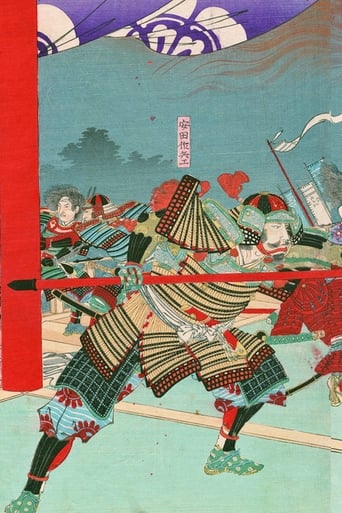
16 Sep 1908

Battle at Honnôji Temple
In 1908, Director/Producer Shozo Makino (father of Japanese cinema) directed and produced the first dramatic film in Kyoto. “Honnô-ji Gassen” was shot at Shinnyo-Do Temple. Considered a lost film.
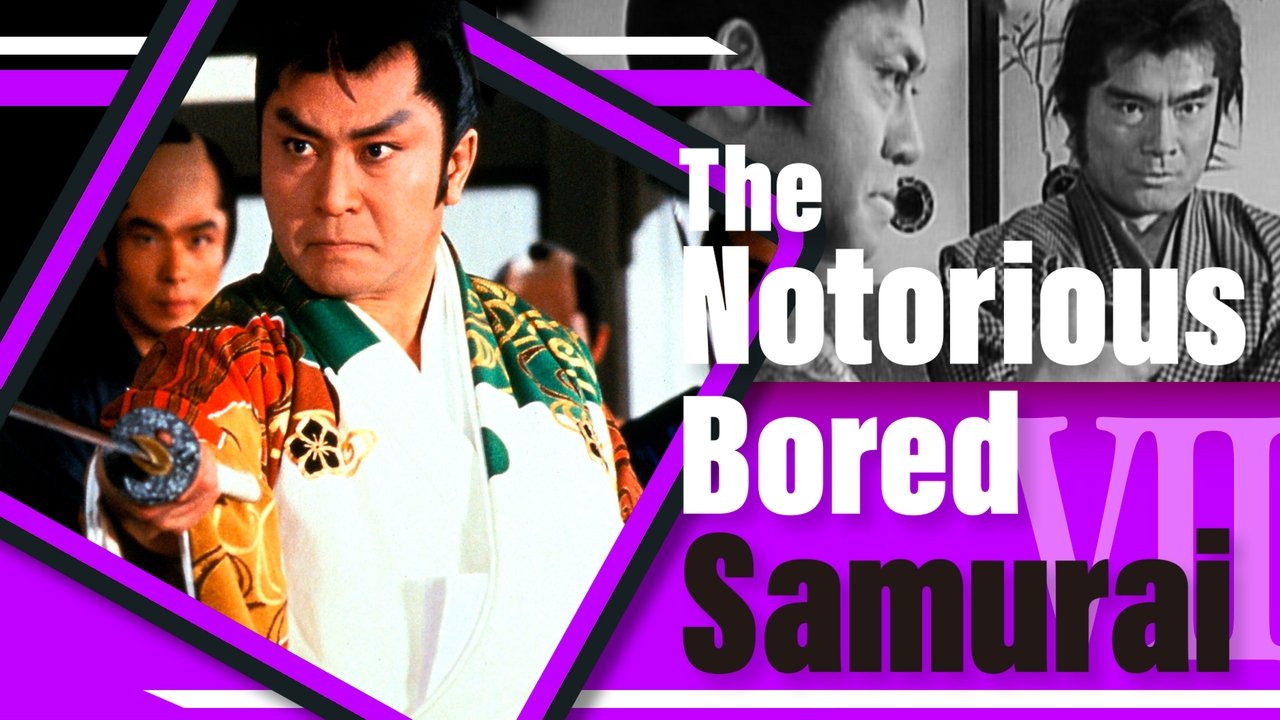
The great merchant of Kaga Daitokuya , had taken control of the domain with his wealth and by holding onto the weakness of Lord Maeda Tsunanori , and was planning to rule over Japan as well. In order to free the lord from evil spirits and monsters, Sawatari Shusui heads towards Kaga Hyakumangoku. On his way, Shusui helps a girl named Oyumi who was about to be bullied by a ronin. Oyumi claims to be the daughter of Daitokuya, but she is actually the daughter of Lord Maeda Tsunanori's concubine. Daitokuya, who had taken control of power by raising Oyumi on behalf of Tsunanori who could not make it public because of his legal wife, was secretly storing weapons and ammunition and was pressuring Tsunanori to sign a letter of rebellion.

Sawatari Shusui




Maeda Tsunanori

16 Sep 1908

In 1908, Director/Producer Shozo Makino (father of Japanese cinema) directed and produced the first dramatic film in Kyoto. “Honnô-ji Gassen” was shot at Shinnyo-Do Temple. Considered a lost film.
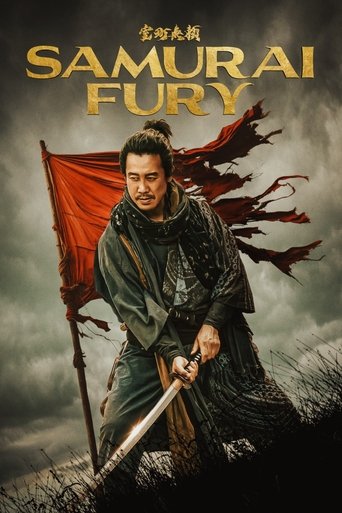
17 Jan 2025

Set in war-torn 15th century Kyoto, on the eve of the Onin War, the movie centers on a band of outlaws led by Hyoe, a scoundrel whose lethal sword skills place him at the tip of the spear in a deadly uprising against the corrupt Shogunate and its army, led by former friend-turned-archrival Doken.

28 Apr 2023

Two rogue vagrants make their living as "manure men", turning the waste from the tenement toilets into fertiliser sold to local farmers. Enter Okiku, the only daughter of a fallen samurai, and amongst the overflowing piles of excrement, a well-nourished love story unfolds.
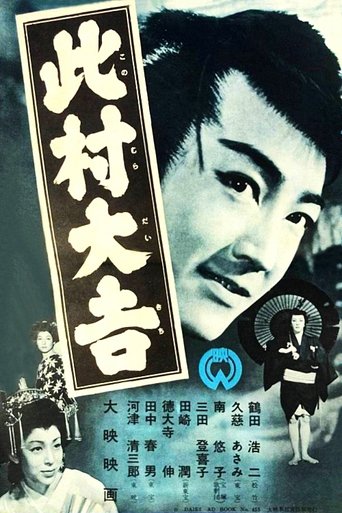
01 Sep 1954

A samurai is struggling to make ends meet at the end of the Edo period. He has students and, among other things, teaches them about the evils of the government. A member of the yakuza thugs has fallen in love with the samurai's daughter and conspires to report the father to the authorities in order to snatch the girl. The samurai's daughter has a boyfriend who hides the father and daughter from the thug.

15 Jan 1957

Returning to their lord's castle, samurai warriors Washizu and Miki are waylaid by a spirit who predicts their futures. When the first part of the spirit's prophecy comes true, Washizu's scheming wife, Asaji, presses him to speed up the rest of the spirit's prophecy by murdering his lord and usurping his place. Director Akira Kurosawa's resetting of William Shakespeare's "Macbeth" in feudal Japan is one of his most acclaimed films.

04 Mar 1965

Aspiring to an easy job as personal physician to a wealthy family, Noboru Yasumoto is disappointed when his first post after medical school takes him to a small country clinic under the gruff doctor Red Beard. Yasumoto rebels in numerous ways, but Red Beard proves a wise and patient teacher. He gradually introduces his student to the unglamorous side of the profession, ultimately assigning him to care for a prostitute rescued from a local brothel.
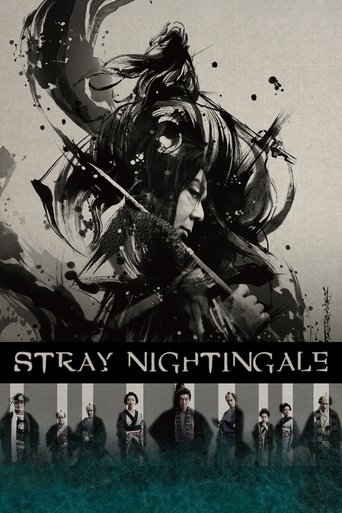
15 Apr 2017

Japan, 1785. Jūzaburō, a famous thief who refuses to kill innocent people, is betrayed, ambushed, and left for dead.
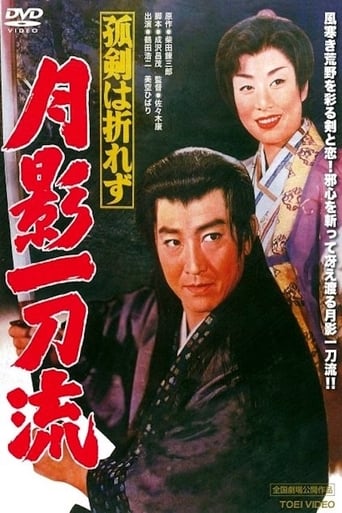
11 Dec 1960

When master swordsman Mikogami Genshiro of the Ono fencing school returns to find that his ailing sensei has been murdered in the dead of night, he must find the culprit and exact revenge. His return sets off a series of violent incidents and incites a high ranked female skilled in sword to test his mettle after he unwittingly offends her. The ever delightful Misora Hibari co-stars with the great Tsuruta Koji in this exciting tale set in the earliest days of the Tokugawa shogunate. Lots of exciting swordfights highlight this entertaining motion picture!
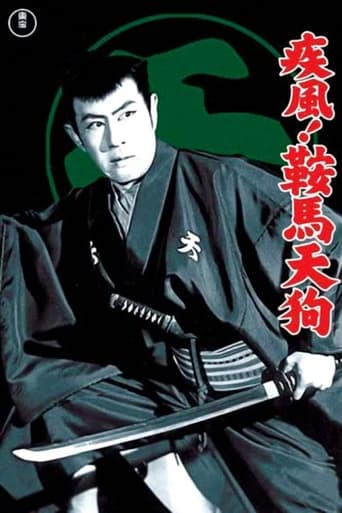
08 Jun 1956

The 40th and final "Tengu Kurama" feature starring Kanjuro Arashi.
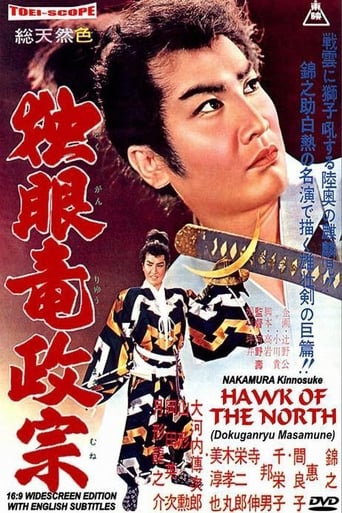
25 May 1959

During the latter part of the 16th Century, Japan's Warring States era was coming to a close. After crushing almost all of his enemies, Date Masamune aka the "Hawk of the North" sets his eyes on Hatakeyama's lands. The young warlord is about to face his greatest challenge.
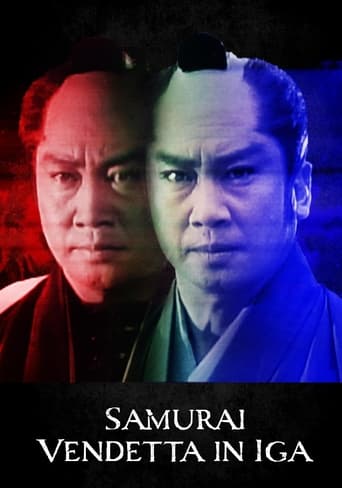
10 Sep 1997

Matauemon Araki (Kotaro Satomi) is a sword teacher in Yamatokoriyama. He heard from his brother-in-law Kazuma Watanabe (Koyo Katagiri) that Kazuma's father was killed by someone. The murderer was named Matagoro Kawai (Jinya Sato) who was the nephew of his close friend Jinszaemon Kawai (Isao Natsuyagi). He came to help Kazuma who is not good at swords and chase Matazaburo.

05 Nov 1958

Wandering swordsman Kanbei, parading through town with a sign that reads "Seeking fights, selling my life cheap." One day, he receives a request from the star of the daughter's kabuki, Nakamura Tsurukichi. However, unable to bear seeing a face reminiscent of his first love, he disappears as soon as the task is completed. But later, Tsurukichi returns to ask Kanbei for help once again...
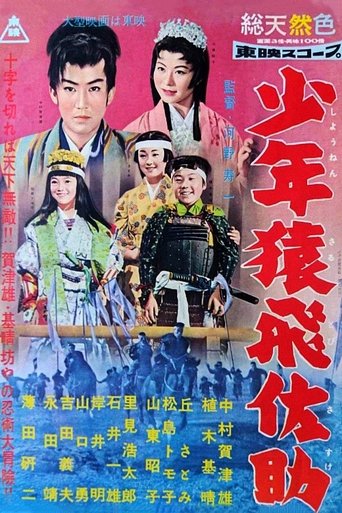
05 Feb 1958

In this exciting story, Sasuke Sarutobi, known as the bravest child in the world, fulfills the will of his father, growing up strong and correct, and with great success using his ninjutsu skills becomes a servant of Yukimura Sanada.
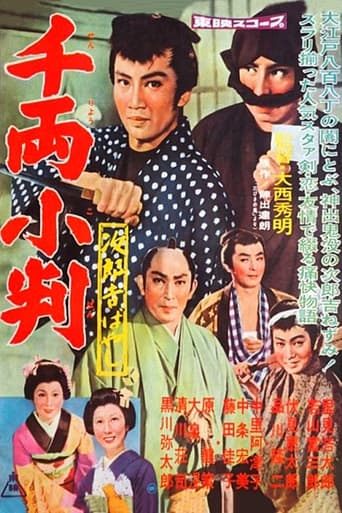
20 Jul 1960

The film adaptation of the novel "Three Little Rats" by Tatsuro Jinde. In this fascinating story, the rebellious Jirokichi and three men, united by a sense of justice and love, confront an evil merchant and an official who fills his pockets with gold, and eventually expose his crimes in order to avenge the death of one of his comrades.

24 Nov 1959

The second film about the adventures of Chosichiro Matsudaira. This time he fights against conspirators whose goal is to replace the 4th Shogun Ietsuna during his visit to Nikko Shrine.
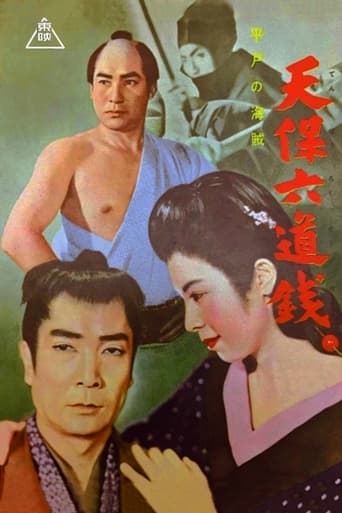
07 Jun 1955

In the 9th year of the Tempo era, after a long sea voyage, Moritaya Seizo returned to Hirado, who earned huge amounts of gold by piracy. Along the way, he picked up Ichinojo Kaneko, a Ronin who survived the disaster at sea. Seizo and Orin, the daughter of merchant Yohei, are in love with each other and want to get married. However, Kashiwakura Gaiki, the samurai of the domain, wants to kill Seizo for the sake of his son Shozaburo, who is in love with Arin, and Kurando Matsuura, the owner of the castle, wants to seize all the gold for himself...
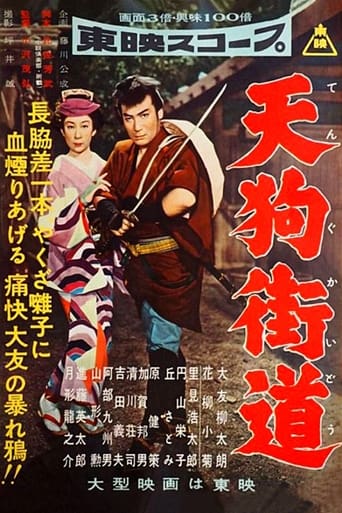
08 Oct 1957

Gombei is Nameless, a wanderer who is skilled with a sword and has a great sense of humor, who tries to save the good people of the Kiso Valley, he gets into a fight with local bad bosses who behave badly on the Tokaido road in the Kiso Valley.

25 Mar 1958

A Golden Age drama depicting the exploits of passionate patriot Uotaro Toge in the midst of a mysterious standoff over the Secret Book of Aoi, which will determine the rise or fall of the 350,000-koku Mito clan, and showcasing swashbuckling swordsmanship.
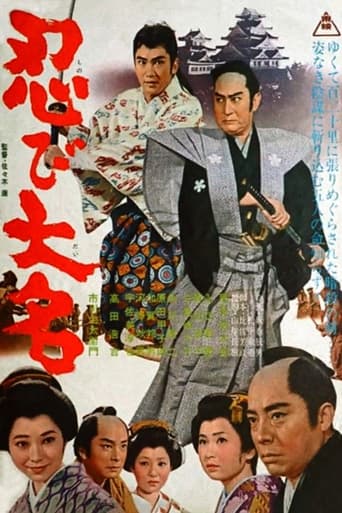
26 Jan 1964

Maeda Tsunanori, the lord of Kaga Domain, had two young princes - Katsumaru, the son of his legitimate wife, who died, and Yasunosuke, the son of his concubine. However, Katsumaru suddenly lost his mind and appealed to the shogunate to hand over the reins of the family Yasunosuke, but the request was rejected. Vassal Osawa Kuranojo suspects that this is the work of Ishikawa Torajiro, a swordsman from the Katsumaru group, and begins an investigation.
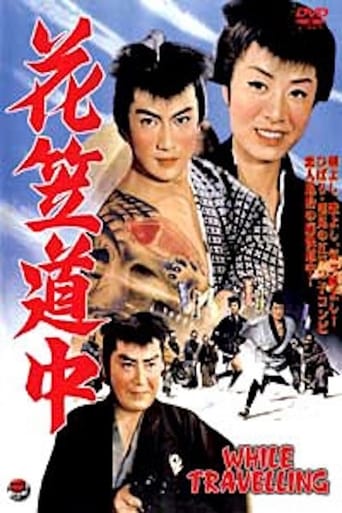
27 Oct 1962

In this film, Hibari plays a dual role as brother and sister. The story involves a journey to Hanagasa for an incognito Lord (Kotaro Satomi) to overthrow an attempted usurpation of his domain, while being harassed by vassals of the usurper (Kensaku Hara). There's also a mysterious ronin played by Jushiro Konoe. The songs are seamlessly woven into the narrative and don't overwhelm the action. While the plot is derivative it is good example of its type and quite enjoyable. Note that there are some flashback sequences in black and white.